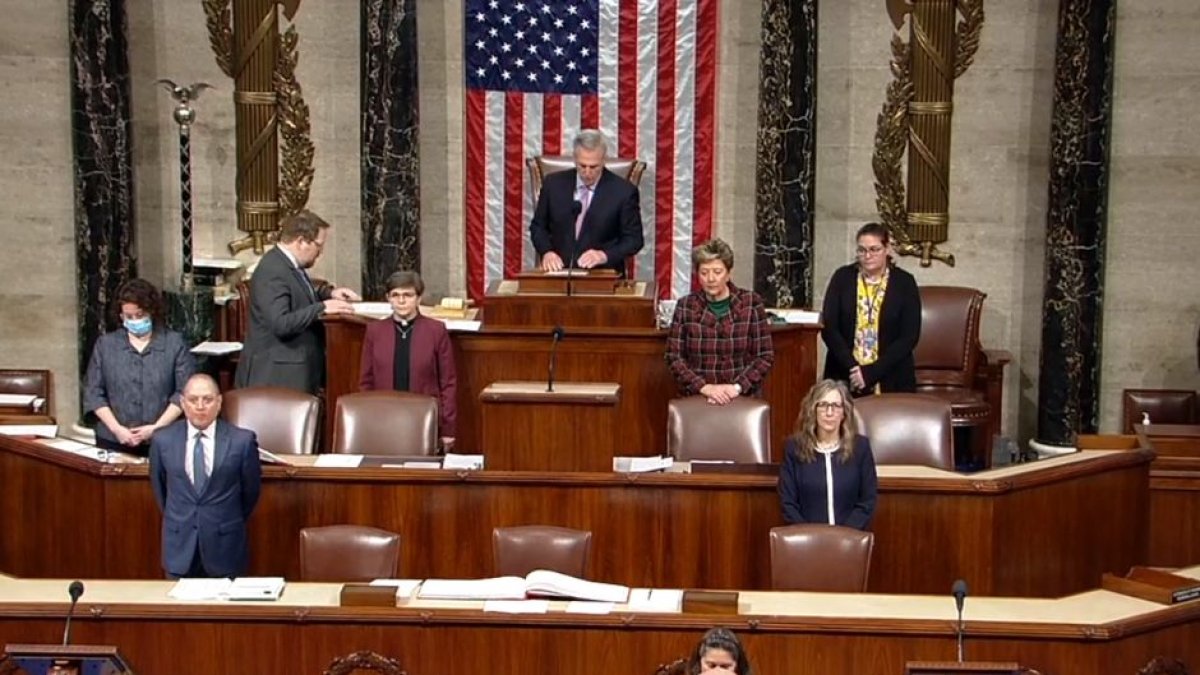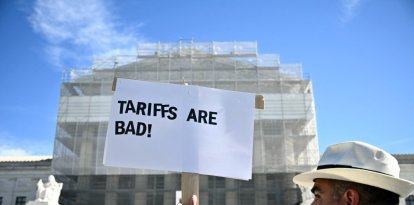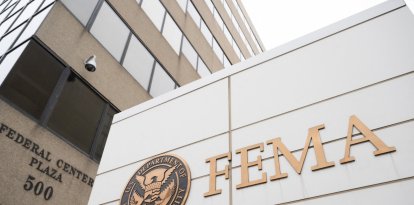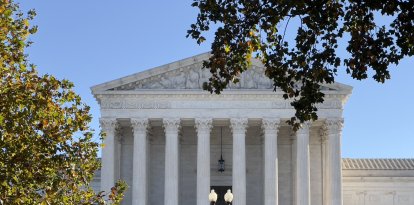Blocking non-citizen from voting and criminal code reform in Washington, D.C.
Dozens of Democratic lawmakers supported the Republican initiative in the House of Representatives despite the rejection of Jeffries and Biden.

(Captura de vídeo / Cámara de Representantes)
The House of Representatives yesterday used its constitutional prerogative to assert itself over Washington D.C. legislation to block two city bills. The first norm sought to grant non-citizens the ability to vote in local elections, while the second sought to reform the capital's penal code, which dates back to 1901 without significant updates. Both were rejected by congressmen from both parties.
"We have two acts from the Washington, D.C., council that will dilute the vote of American citizens and endanger city residents and businesses," House Speaker expounded before the vote began. The Republican pointed out that, in view of the serious consequences that would result from the implementation of these laws, it was the "responsibility" of Congress to intervene.
Bipartisan Support in the House of Representatives
THese words however, did not move Democratic Minority Leader Hakeem Jeffries, who called on his party colleagues to oppose the Conservatives' motions to overturn the local rules. However, and despite the fact that a majority of GOP members would have sufficed, 42 blue representatives joined Republicans in rejecting legislation that would grant the vote to non-citizens and another 31 voted against the Revised Penal Code Act of 2022. Now it is up to the Senate, where the Democrats have a slim majority, to decide.
D.C.'s non-voting Democratic delegate. Eleanor Holmes Norton, criticized the outcome, noting that "Congress is never justified in striking down legislation enacted by the District. I can only conclude that the Republican leadership believes D.C. residents, the majority of whom are Black and Brown, are unworthy or uncapable of governing themselves."
New criminal code "would have made D.C. less safe"
For his part, D.C. Council Chairman, Phil Mendelson, believes that many Democrats supported the resolutions because "they are afraid they could lose their next election for being soft on crime." In addition, Mendelson echoed the assault suffered on the same day of the vote by one of the blue representatives who opposed the measure. Angie Craig was assaulted in the elevator of her residence, although she managed to escape by throwing a cup of hot coffee at the assailant. Members of her office told the Washington Post, that the legislator had already decided her vote before the attack.
Biden, contrary to what was voted in the House of Representatives
This is the first time since 2015 that the House of Representatives has voted on a District of Columbia law. Moreover, it has been some three decades since Congress has passed a resolution of disapproval to repeal D.C. regulations. This time around, that such a high number of Democratic representatives voted in favor in the lower chamber adds to the uncertainty about what will happen in the Senate.
The Biden Administration has shown its rejection of the Republican motions as "clear examples of how the District of Columbia continues to be denied true self-governance and, why it deserves statehood." However, the communiqué does not indicate whether or not the president will veto the resolutions if they are finally approved.

























